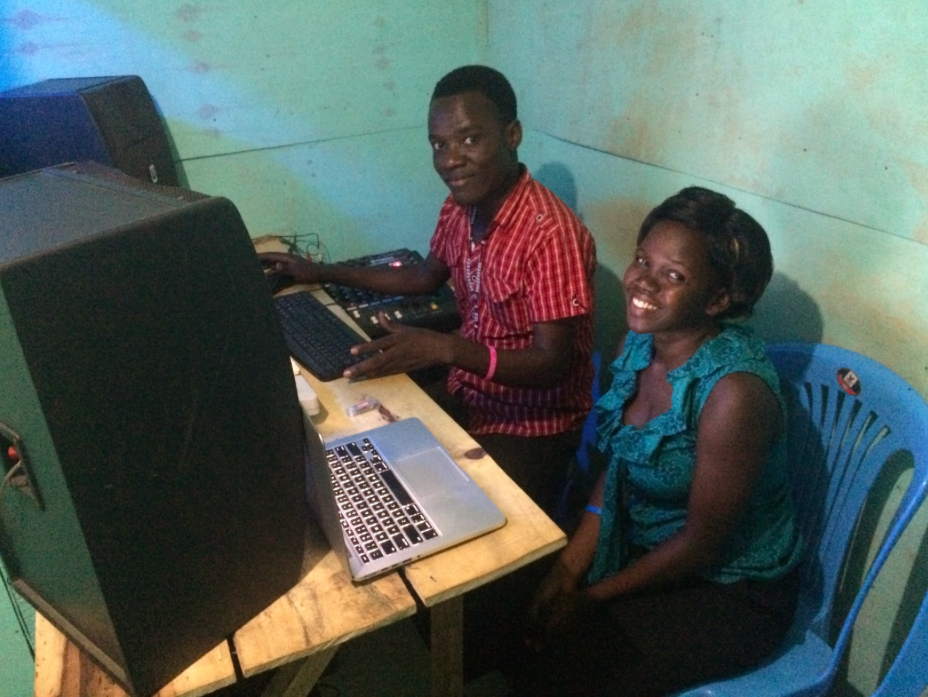Guided self-help to reduce psychological distress in South Sudanese female refugees in Uganda: a cluster randomised trial

First randomised trial of its kind finds multimedia guided self-help intervention can be delivered rapidly to large numbers of people in low-resource humanitarian settings by non-specialists with minimal training
A guided self-help approach that provides strategies for managing distress and coping with adversity is safe, and resulted in meaningful improvements in psychological distress and functioning compared to enhanced usual care over three months in female refugees living in a settlement in Uganda, according to this randomised trial involving almost 700 South Sudanese refugee women, published in The Lancet Global Health journal.
The study is the first randomised trial of a guided self-help group intervention in a low-resource humanitarian setting. Although longer follow-up is needed to determine the long-term effects of the intervention, the authors say that guided self-help could be a promising first-line strategy to address the vast gap in mental health support in areas where humanitarian access is difficult, such as South Sudan and Syria.
Hear it for yourself
On the Lancet Global Health's podcast Nina Putnis speaks to Wietse Tol about his research on reducing psychological distress in female South Sudanese refugees, and the implications of this research for refugees and displaced people worldwide.
[.cta_link]Listen now[.cta_link]